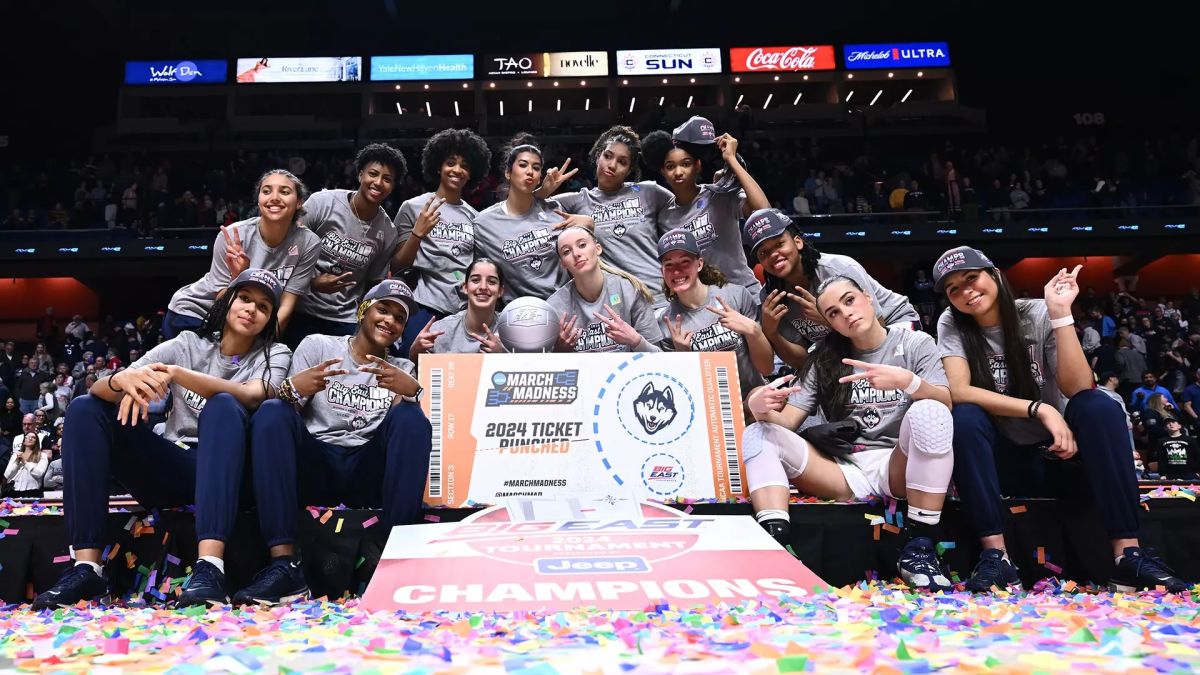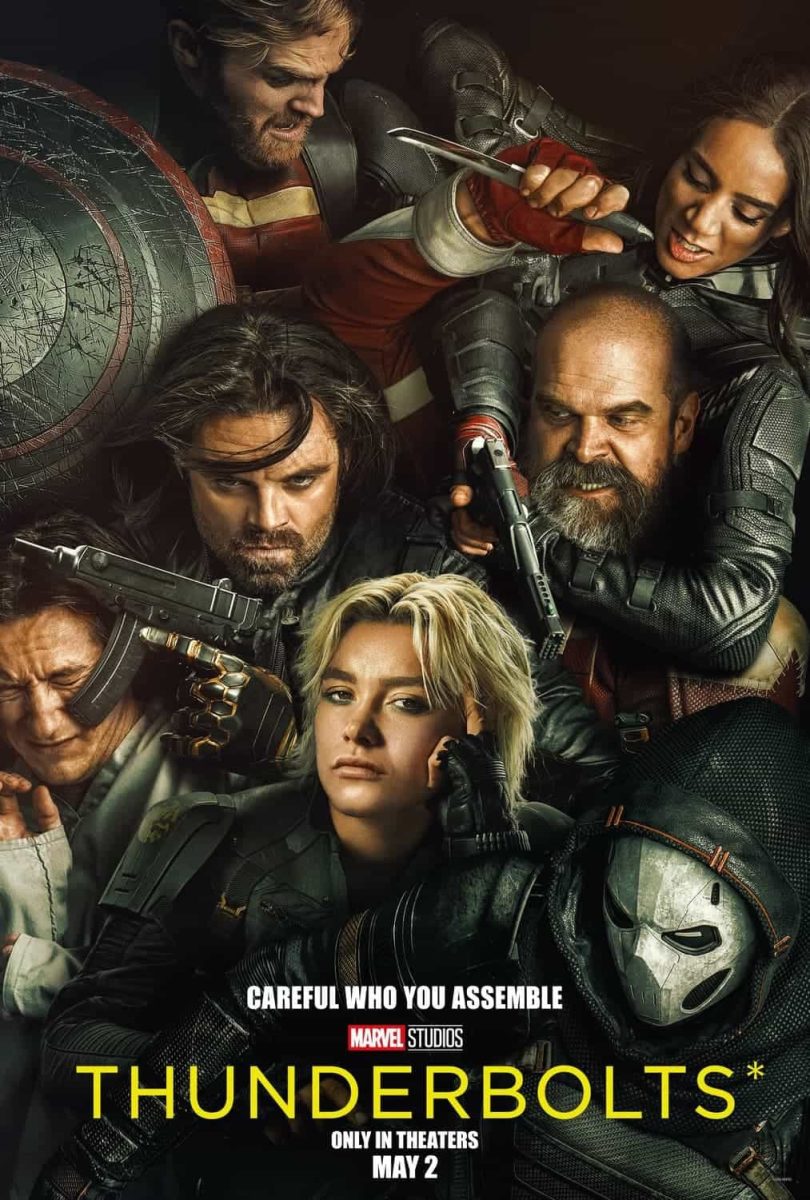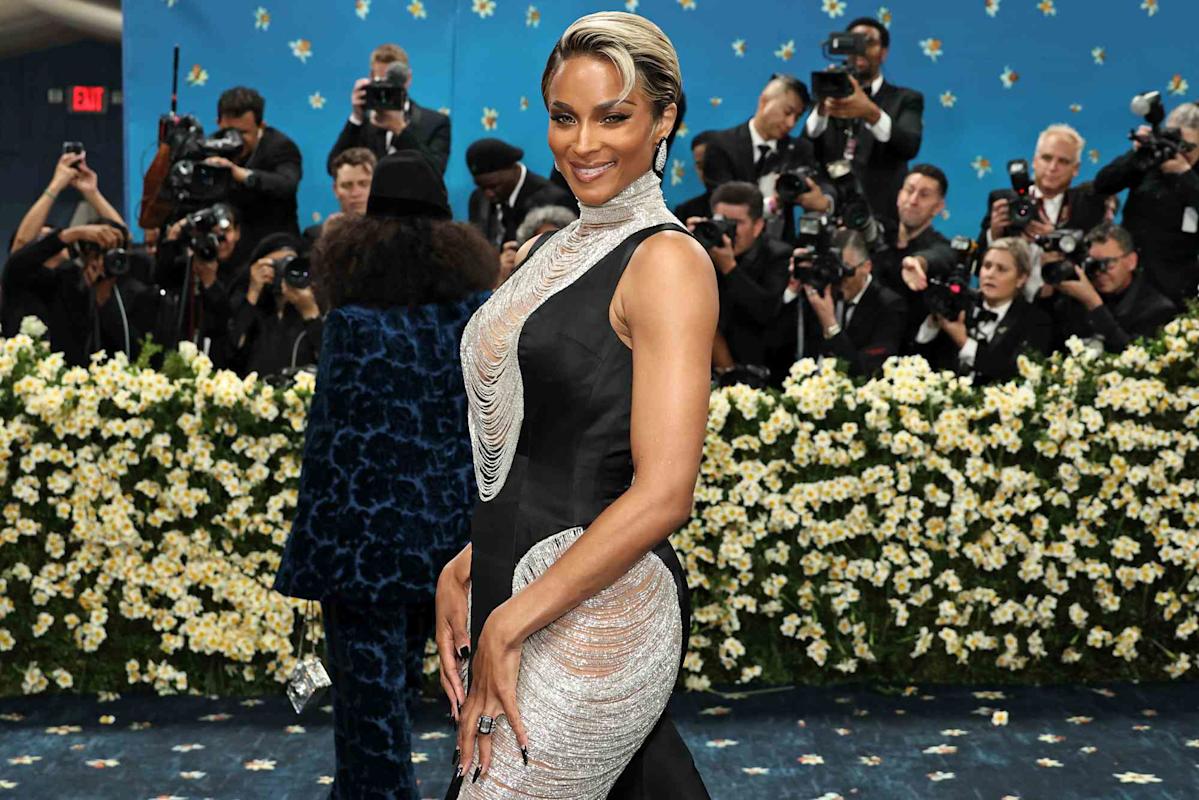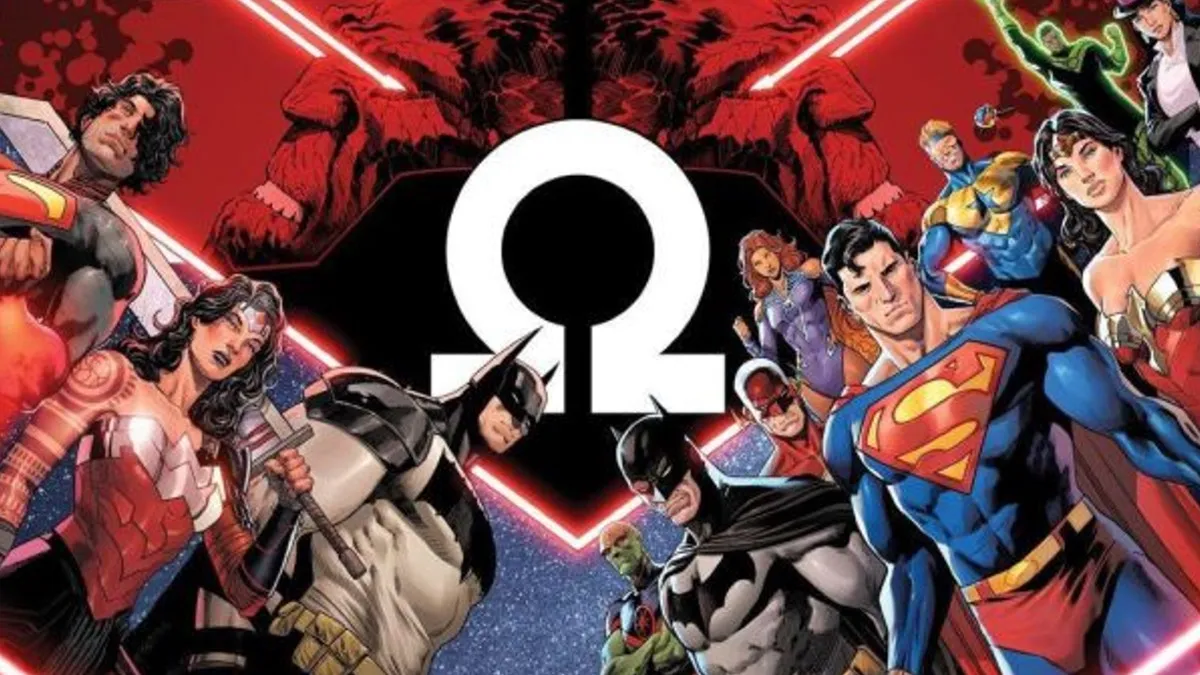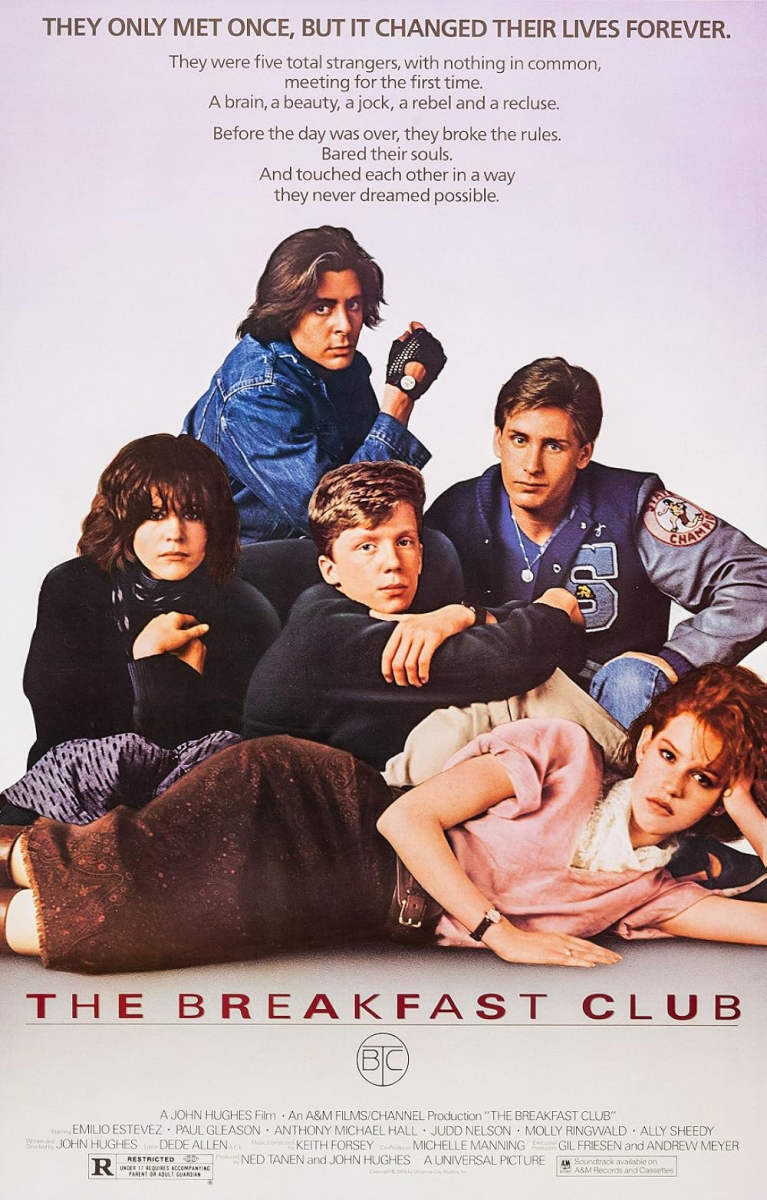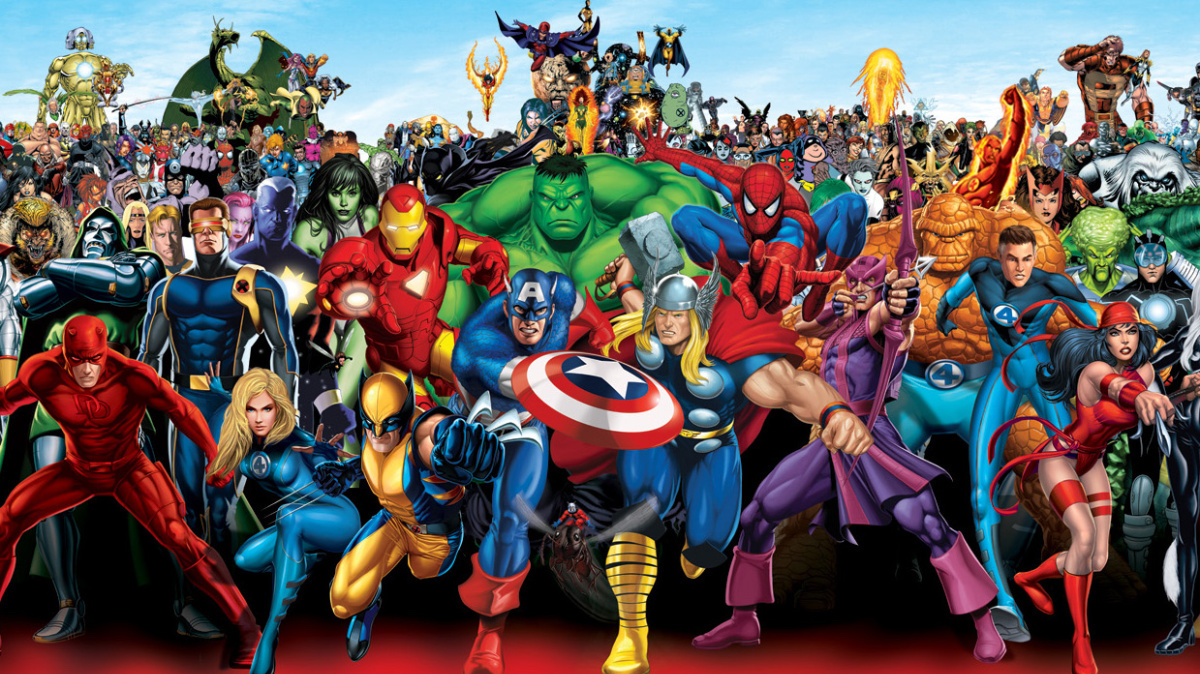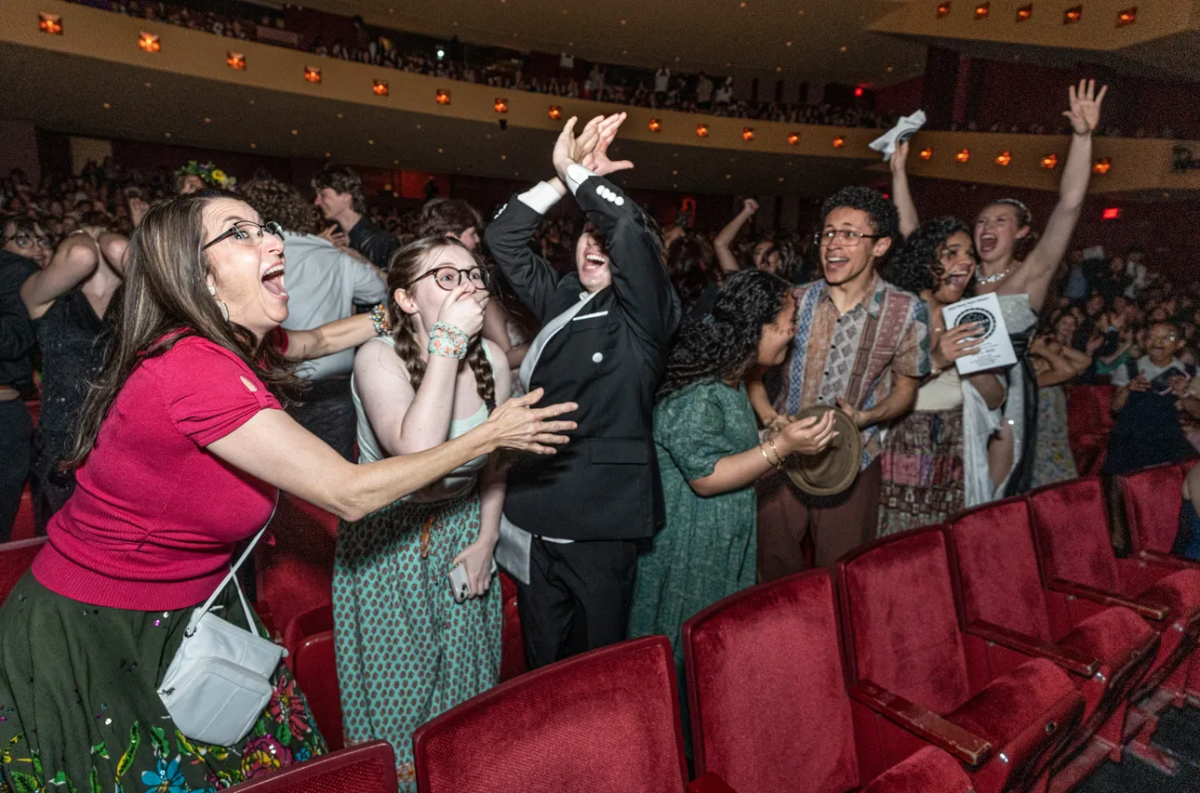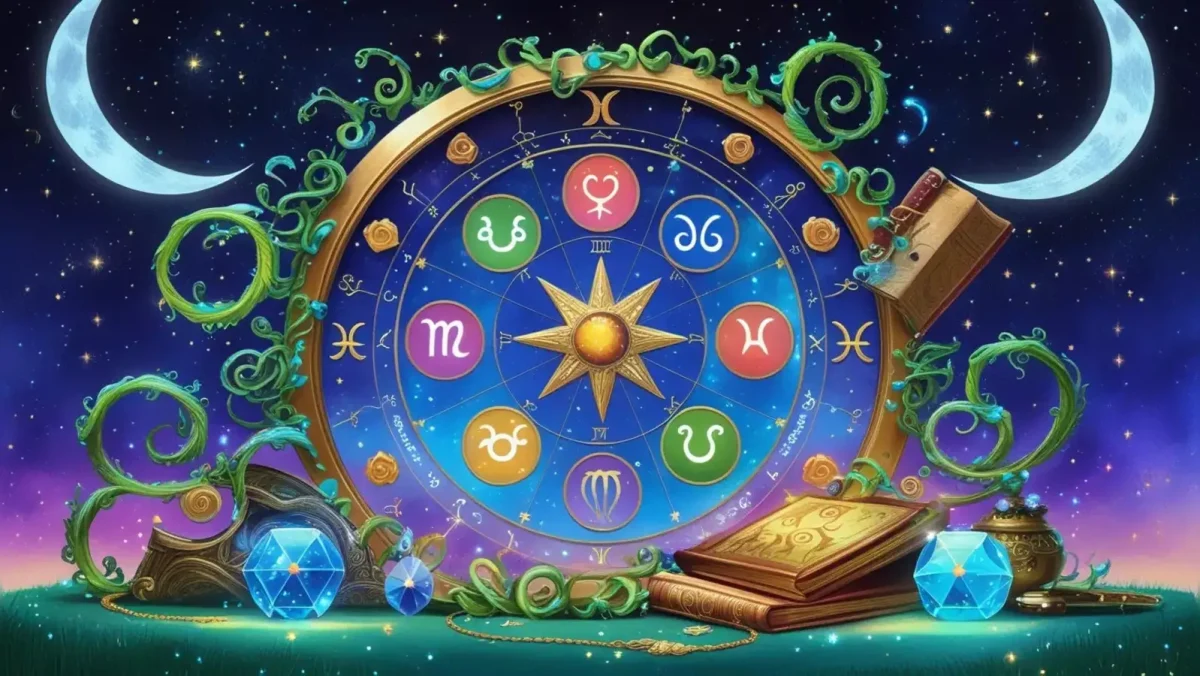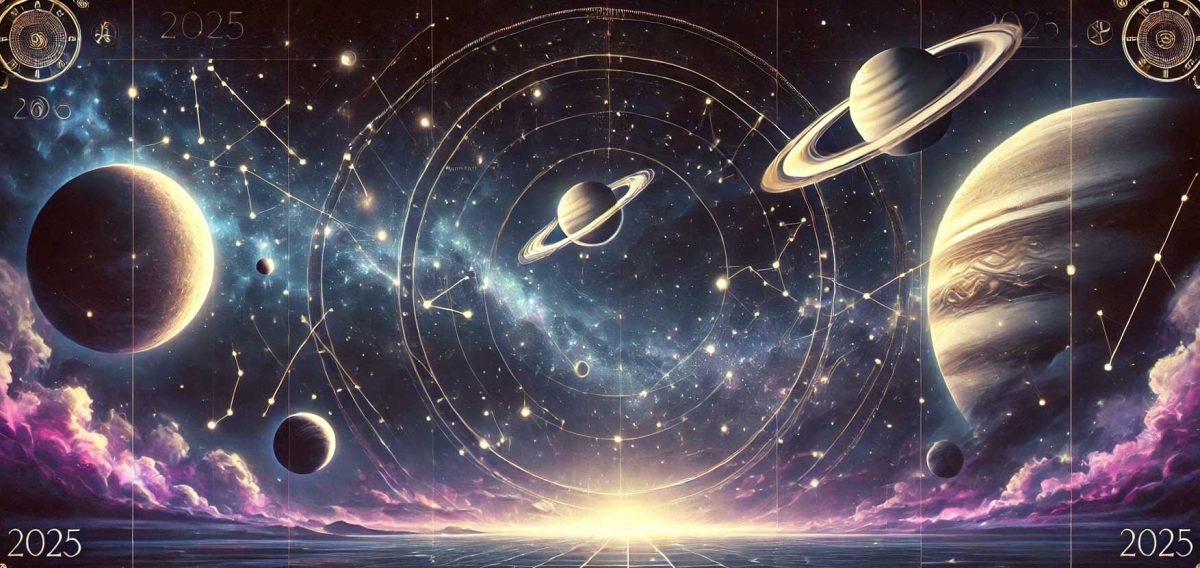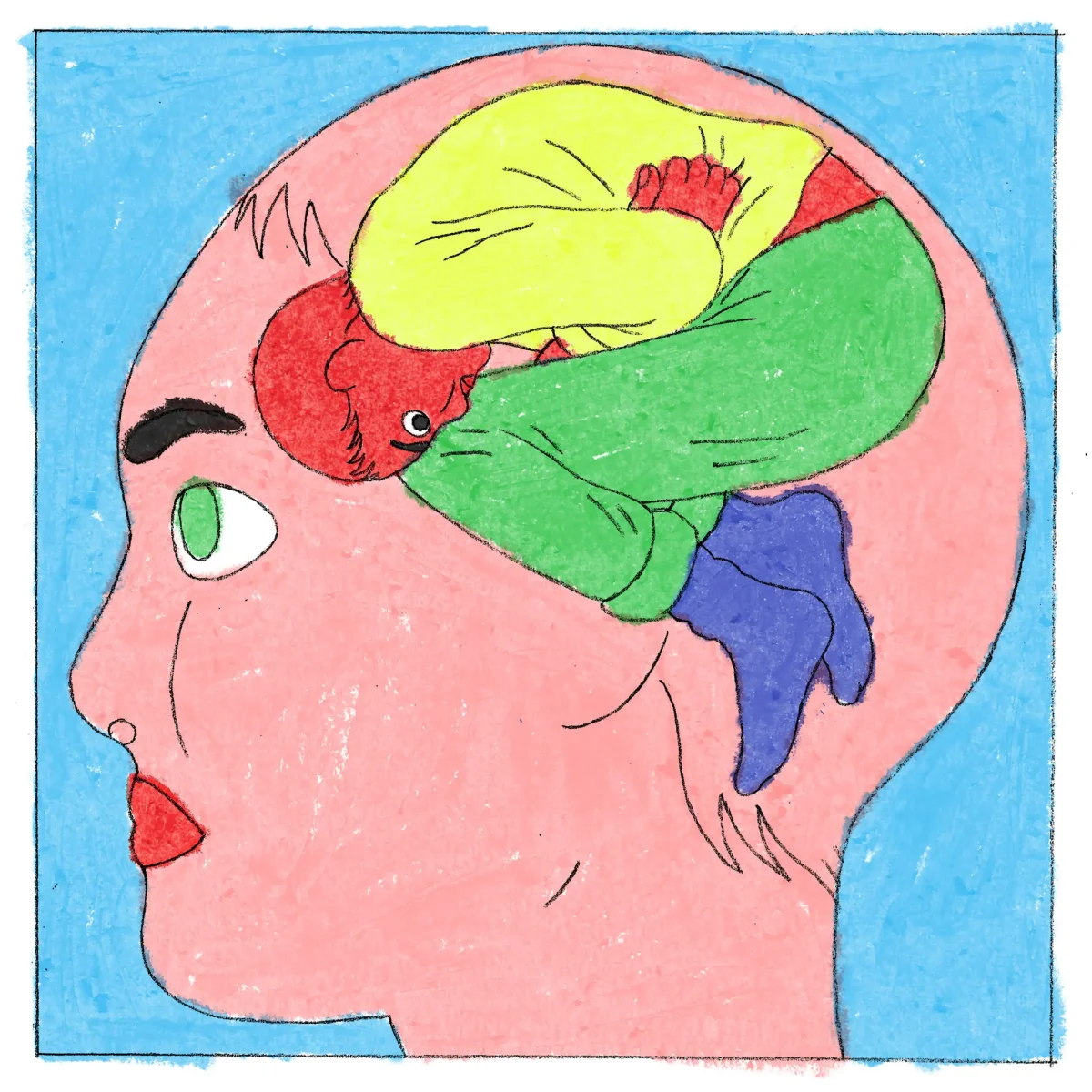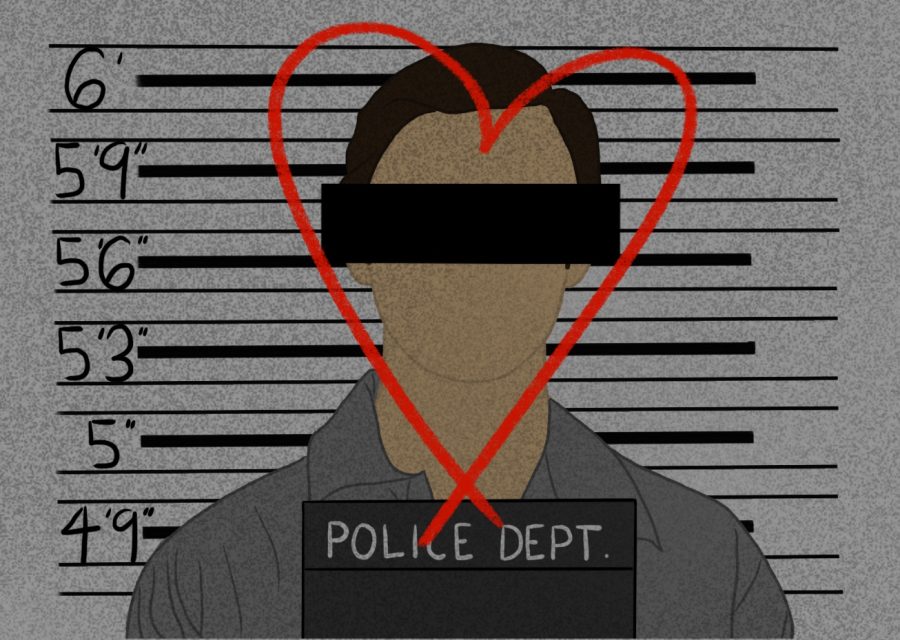In a world where movies, TV shows, and social media often blur the lines between right and wrong, the romanticization of criminals has become a prevalent cultural trend. From the villains we admire on screen to the real life figures who gain cult-like followings, we are increasingly drawn to the idea of the rebellious rule breakers. While these misunderstanding culprits can be enticing, they also develop critical questions about the way we view crime, values, and justice. Should we really judge a book by its cover? Judge their morals off of their attractiveness?
In TikTok culture, the For You page is often filled with the latest trends, including videos or mugshots of criminals. Typically, a video features a mugshot paired with the lyrics “Mama, I’m in love with a criminal.” The song, originally performed by Britney Spears, has become an anthem for this toxic culture that admires figures who are a danger to society. It’s a paradox, celebrating individuals who, in real life, cause harm or chaos, all under the guise of romantic allure.
This phenomenon isn’t confined to TikTok alone. From the infamous mobster figures of the 20th century to the portrayal of charming antiheroes in today’s media, criminals have long been framed as misunderstood or even heroic figures. Consider the infamous bank robbers Bonnie and Clyde, whose love story has been glorified in songs and films, or characters like Tony Soprano and Walter White, who blur the lines between villainy and virtue. In both fiction and reality, these criminals are often presented with an aura of mystique, making them seem almost heroic.
One of the most recent and chilling examples is Wade Wilson, a Florida man dubbed the “Deadpool Killer” due to sharing a name with the Marvel character. In October 2019, Wilson committed the murders of Kristine Melton and Diane Ruiz in Cape Coral, Florida. He was convicted and sentenced to death in August 2024. Yet despite his heinous actions, the media coverage surrounding Wade Wilson has sparked a surprising amount of fascination. Some online communities, particularly platforms like Reddit and Twitter, have even started to playfully refer to him as “Deadpool,” a name associated with a charismatic superhero.
Additionally, when the Menendez Brothers documentary Monsters came out, TikTok was blown up with edits, basing the viewers’ opinions on how attractive the actors portraying the brothers were rather than the morality of the case. In addition, Ted Bundy, notorious for murdering, raping, and kidnapping women, have more than just one documentary encompassing his unsettling serial killing journey. In Zac Efron’s 2019 film, Extremely Wicked, Shockingly Evil and Vile, where he played the role of Bundy, the killer was extremely sexualized. “The wink is extremely disturbing and the romanticization of a serial killer is exactly why these sick (expletive) continue to do things like this to women,” wrote ex-Fifth Harmony member Lauren Jauregui in a review. This contrast between the violence committed and the lighthearted references reflects the unsettling trend of glorifying criminals in modern culture.
This trend begs the question: why do we romanticize criminals, even those whose actions are undeniably harmful and destructive? Part of the allure lies in the idea of rebellion: criminals often act outside the societal norms, challenging authority and defying expectations. In a world that is increasingly shaped by rules, regulations, and social pressures, people are drawn to those who reject these constraints. This rebel spirit can seem freeing, empowering even, as it promises an escape from the commonness of everyday life and the promise of ultimate freedom.
However, as enticing as the idea of rebellion may seem, it’s crucial to remember that the romanticization of criminals ultimately distorts our understanding of justice and morality. When we celebrate figures who have caused real harm, based merely on their appearance or defiant behavior, we risk overlooking the serious consequences of their actions. It is easy to get caught up in the allure of charisma or rebellion, but we must not forget that crime leaves behind victims, real people whose lives have been irrevocably altered. By glamorizing criminals, we perpetuate a dangerous narrative that values charm over accountability and image over integrity. To truly move forward as a society, we need to refocus on what truly matters, holding individuals accountable for their actions and remembering that justice, not superficial allure, should define our judgments of right and wrong.











